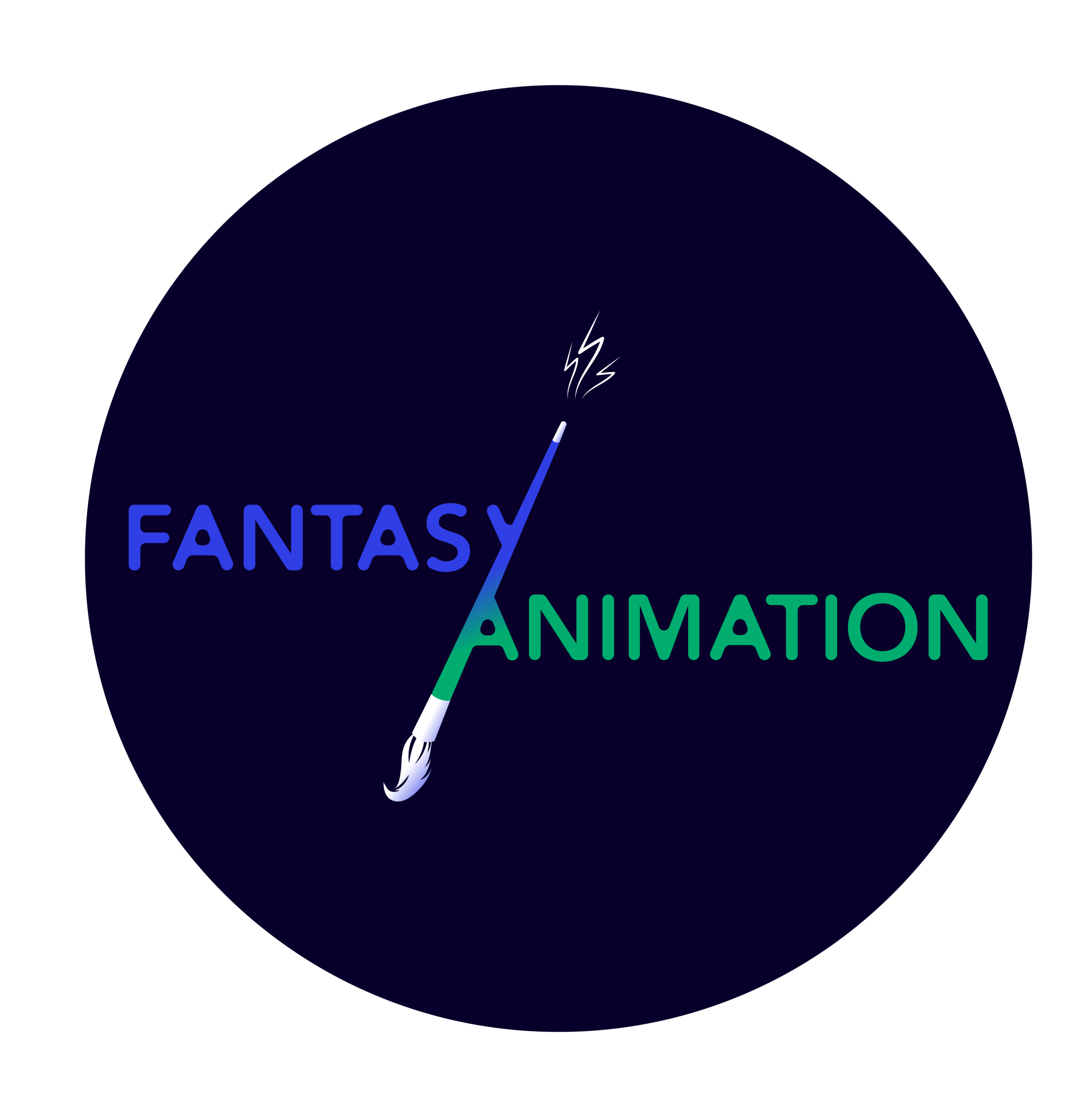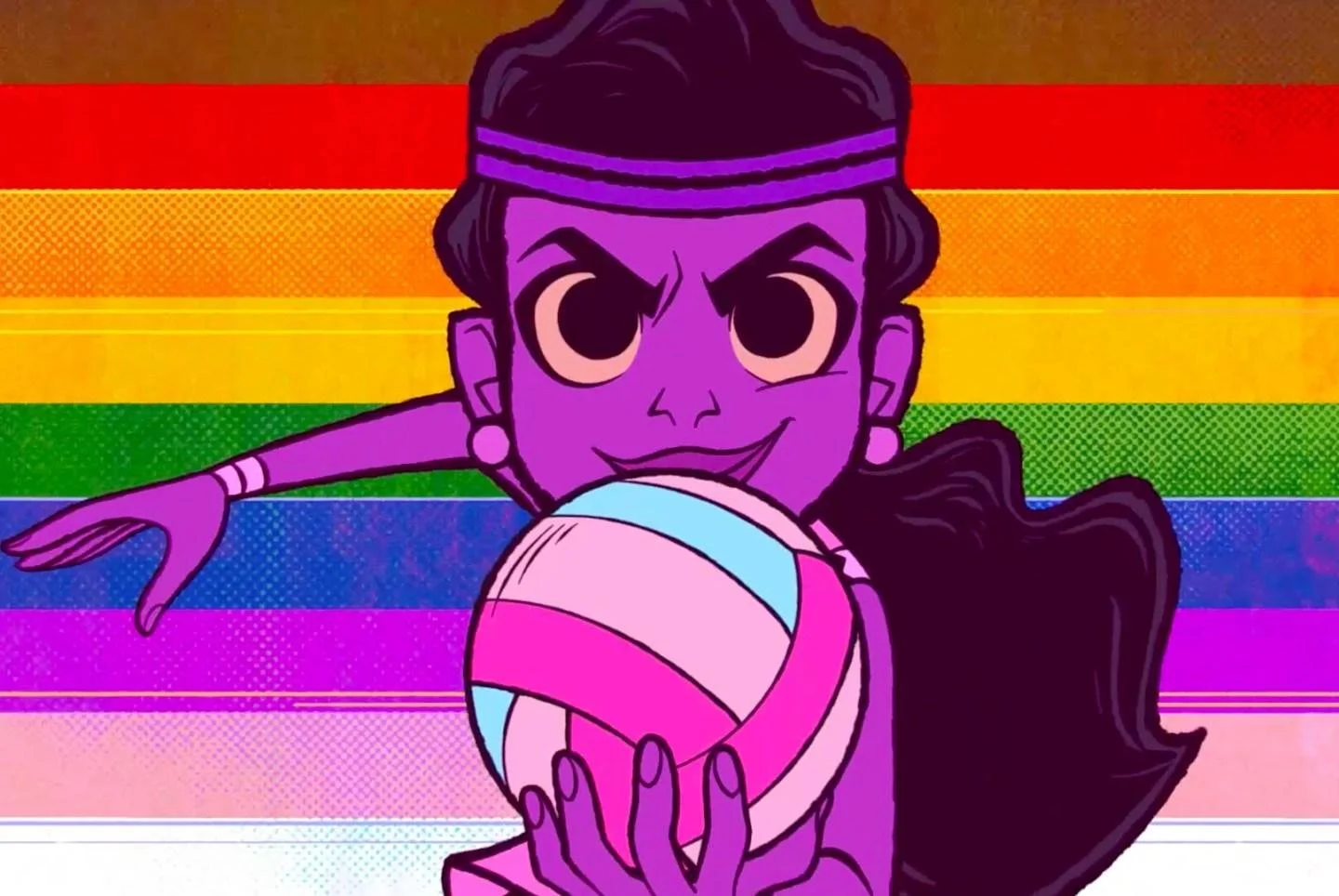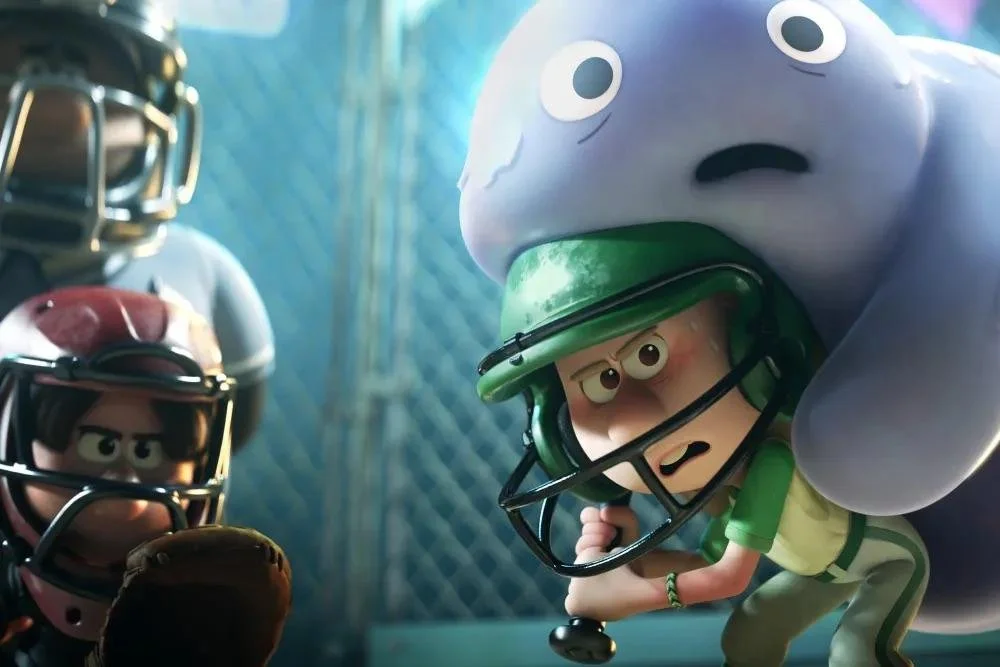Why Is Animation So Afraid of Queerness?
Animation is inherently queer. The very process of destabilising the rigid boundaries of the human body and abstracting it into shapes and colours that we can project ourselves onto is essentially a process of queering. In their article “Why Are Cartoons So Queer?” for Sunstroke Magazine, Kellie Toyama remarks that “the flexible nature of animation gives stories the added potential to introduce fluid concepts of gender and sexuality with ease,” making animation the perfect medium to visualise the queer experience. As Paul Wells states, “the animated film has the capacity to redefine orthodoxies of live-action narrative and images,” an analysis that Kodi Maier elaborates on by linking his discussion directly to queer theory: “animation’s elasticity opens a realm where ideas of normalcy are disrupted and hidden potentials are revealed much in the same way that queer theory disrupts common understandings of gender and sexuality to explore other options in regards to embodiment and expression.” Why is it, then, that mainstream animation has for so long been afraid of queerness?
The most obvious explanation is that animation has long been associated with children’s entertainment. Family values advocacy groups such as the American Family Association and One Million Moms have purposely campaigned for decades to exclude queer characters and themes from cartoons as they disagree with exposing children to what they consider to be “adult” themes. This has manifested in wild claims that Nickelodeon’s Spongebob Squarepants is “homosexual propaganda,” PBS’ Clifford the Big Red Dog is “anything but family friendly” for featuring a character with two mothers, and contributed to the very real impact of Governor of Oklahoma Kevit Stitt withholding funding from the Oklahoma Educational Television Authority for airing episodes of Clifford, among others shows. The problem at the heart of animation’s lack of queer characters then, is more to do with the amount of animation that is aimed at children then it is to do with the medium wholly representing queer characters. Years of advocacy have attempted to educate people that it is important not only to include queer characters in family entertainment to make young queer children feel represented, but also to introduce non-queer kids and parents to perspectives they might never encounter otherwise. Despite this, like in many other sectors of society in the lead up and immediate aftermath of Donald Trump’s re-election as president, we are seeing an active downturn in the progress LGBTQIA+ advocates have fought hard to achieve, with corporations like Disney capitulating to the social pressure from MAGA conservatives to reduce the visibility of its non-white and queer storytelling.
At Disney, the largest animation studio in the world, there has been a clear motivation by the executives to actively erase queer representation and prevent the queer community from viewing animation as a place in which they may see themselves represented. One former Pixar staffer also went as far as telling The Hollywood Reporter that as recently as two years ago the company via then-CEO Bob Chapek, insisted in a meeting that “they see animation as a conservative medium.” This aversion to ‘controversial’ material in Disney’s recent animated output has already resulted in a company-wide mandate to appeal to conservatives who view diversity as (forgive me for having to use the words) ‘forced wokism’. A quick look at the company’s recent decisions evidence an undeniable pattern of erasure.
After Disney purchased and then shut down Blue Sky Studios in 2021, it cancelled production on Nimona (2023) a film with queer characters and themes, which was thankfully revived by Annapurna Pictures and Netflix, becoming an Academy Award nominee. In November 2024, an episode of the hit Disney Channel Marvel series Moon Girl and Devil Dinosaur (Steve Loter, Jeffrey M. Howard & Kate Kondell, 2023-2025) was pulled from airing (Fig. 1). Titled “The Gatekeeper,” the episode featured recurring character Brooklyn, who states her trans identity clearly within the episode, being barred from playing in her school’s girls volleyball team. A Disney spokesperson provided no reason for why the episode was pulled from airing but claimed it was “not because of the character being trans,” adding that the company was “respectful of the role that parents play in the discussions they have with their children.” A crew member behind the episode spelled the silent part out loud, proclaiming that it was shelved because of “the party that won the most recent election.” As for Pixar specifically, the pattern is even more damning. An article for Forbes published in September features numerous anonymous quotes from former and current workers alleging that during production of Inside Out 2 (2024), animators were told to make protagonist Riley “less gay” as the company’s leadership were “uncomfortable” with film’s “queer themes.” Further claims in the article include Disney leadership blaming the financial failure of Lightyear (2022) on the film’s brief same-sex kiss, which was so inconsequential it was removed entirely from the film initially until internal backlash led to it being restored. The studio’s upcoming Elio (2025) lost its director Adrian Molina, who is a gay man, last year for unknown reasons. Even outside of queer erasure, the company apparently toned down the environmental message of its upcoming Hoppers (2026), likely in an attempt not to anger climate change deniers.
Perhaps the most troubling recent development at Pixar is the announcement that the studio has cut a transgender-focused storyline in its new Disney+ original series Win or Lose (2025-) (Fig. 2). The studio made the decision to remove all references to the character’s trans* identity, being now presented as cisgender. This shift prompted the character’s actress Chanel Stewart who took the role “to help empower other trans youth,” to publicly denounce the decision, stating she was “very disheartened.” As with the decision to tone down the queer elements of Riley’s storyline in Inside Out 2, the studio’s own workers made their displeasure clear. Other staffers have noted that changing the episode, which had already been completed, would come with added expense and increased pressure on the crew to suddenly “scramble” to finish the episode in time for its release in February, meaning the company would rather spend more money to erase a trans* storyline than leave the episode as is and provide desperately needed positive representation for a community that is under constant attack. However, Disney’s response remained consistent with its previous statements: “when it comes to animated content for a younger audience, we recognize that many parents would prefer to discuss certain subjects with their children on their own terms and timeline.” This illusion of giving parents the “choice” to shield their children from queer characters and themes is simply looking the other way while excusing conservative parents to practice their continued bigotry. What will the normalisation of this kind of veiled othering of queerness have not only on public perceptions of queer people but also in framing queerness as not family friendly? These decisions within mainstream animation production could lay the groundwork for a rapid escalation in queer erasure as our existence becomes framed as increasingly controversial and uncomfortable. Mostly though, I feel tremendous sadness for the queer youth of today who will seemingly lack the same amount – if not less – representation than I had as a child, a damning sign of the social regression our society is facing.
It is hard to imagine just a few years ago when Pixar’s own Luca (2021) was celebrated within the community for its queer themes. Now, the queerness of Pixar’s Luca no longer seems like the result of a studio being held back by higher powers from telling an openly queer story but rather the result of Pixar leadership’s own mandate to relegate any queer characters to the background. I am no longer certain that the studio would have even released the same cut of Luca in 2025 as it did in 2021, such is the frighteningly fast normalisation of queer erasure in mainstream media, including animation, that has occurred in the last couple years. In GLAAD’s annual study “Where We Are On TV” for 2024, the report found that the amount of LGBTQIA+ characters on television declined by 36% from the year prior.
All of these developments are not only disheartening, but also evidence of what marginalised communities are always keenly aware, that the representation we receive is conditional to the whims of whatever prevailing ideology is considered profitable and appealing to the socio-political establishment, who can take it away whenever it deems us uncomfortable or as a disruption to their profit margins. For this reason, I believe the future of LGBTQIA+ representation in animation has to be taken into our own hands. If we wait for these companies to decide to grow a moral backbone we will be left with nothing. Former Pixar Assistant Editor Sarah Ligatich, a trans woman, believes the future for queer animation is in indie studios working to produce their own features for streamers such as Netflix, with one former Pixar staffer already working to launch their own independent animation studio to represent marginalised voices. Queer voices have already found a home within animated short films such as the upcoming Two Black Boys in Paradise (Baz Sells, 2025), animated by Manchester’s One6th Animation Studio and supported by the BFI Short Form Animation Fund as well as producer Ian McKellan. Other examples include Aikāne (2023) a film by Dean Hamer, Joe Wilson, Dan Sousa, and Hinaleimoana Wong-Kalu which tells a queer love story rooted in the Hawaiian indigenous perspective, as well as features like The Missing (2023) directed by Carl Joseph E. Papa, a queer themed story about an animator with no mouth who encounters an alien that tries to abduct him. There is no shortage of queer storytellers who are creating exceptional work in animation, filmmakers who deserve to be given the platform to be celebrated on the world stage. It is up to us as in the queer community, as well as our allies, to help spotlight them in the face of this mainstream erasure.
**Article published: May 30, 2025**
Biography
Oliver Vigni is a writer and recently graduated student from King’s College London, where he studied a Bachelor of Arts in Film Studies from 2021 to 2024. He is an avid fan of animation; his areas of interest revolve primarily around computer-animated films with a focus on the increasing formal and aesthetic experimentation within the medium.


